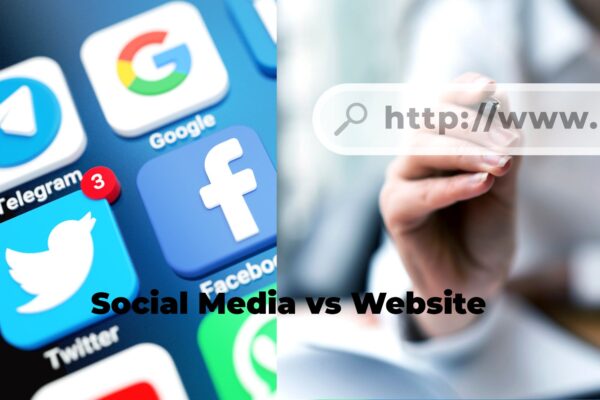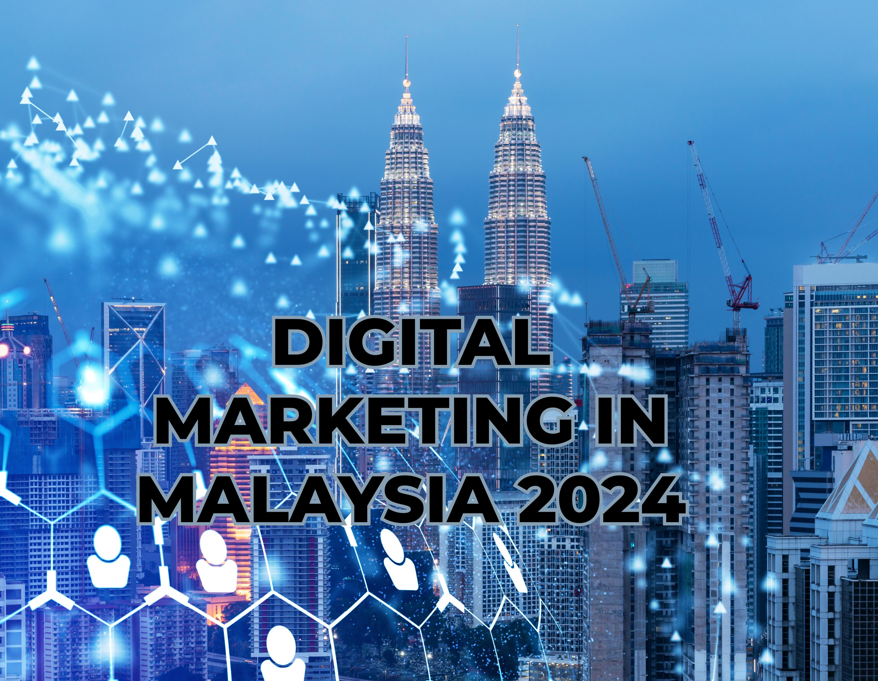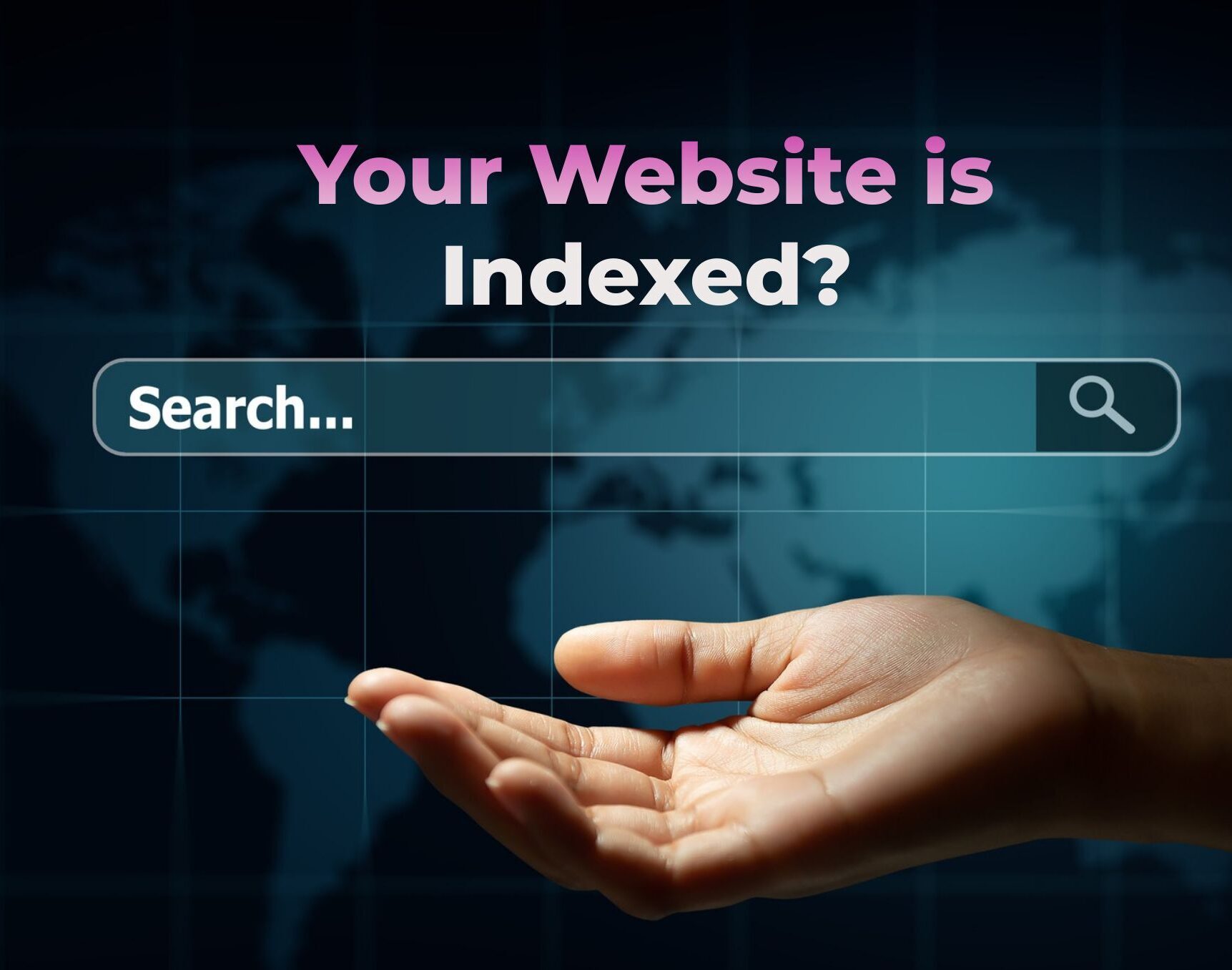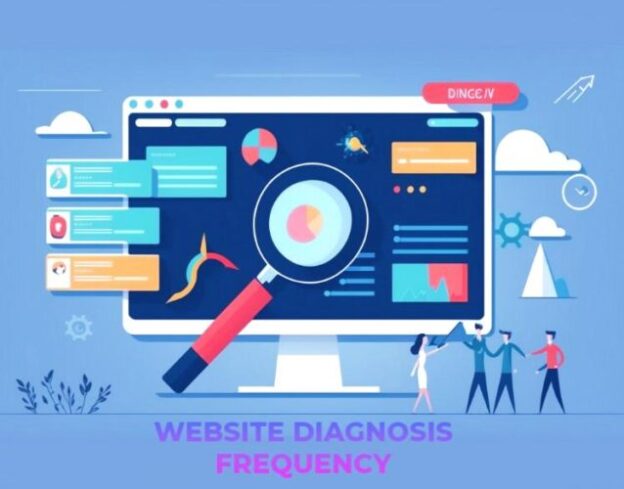It is important to understand the difference between social media platforms and your website. The social media platforms which we are talking about refer to Facebook, Instagram, Tweeter, TikTok, Youtube, or Telegram, etc.
With the right amount of knowledge to differentiate both platforms could bring your sales or generate more leads to your business. Most current industries would think that having a social media platform is enough for your business or vice versa. Yet, this is wrong! It is important to set up and have control for BOTH platforms in order to grow your business because both serve different functions and different objectives into your business .
Let’s delve into more details on how Social Media and Website could help in your business and what are the differences between both.

|
PLATFORMS |
||
| SOCIAL MEDIA | WEBSITE | |
| Ownership & Control | Managing content or posts in social media means you are essentially renting or borrowing space on platforms. They dictate the rules, algorithms, and can even change the platform’s features or terms of service without notice. There is a huge amount of risk by having your account suspended or shut down. | You own the website. It is your digital property. You have complete control over content, design, and functionality. Moreover, no one can arbitrarily take down your website or change anything without your consent. |
| Content Lifespan | Content on social media platforms has a short lifespan. Example, Facebook posts might be buried in a user’s feed within hours, reducing its visibility over time. | Your content stays as long as you want it to. Evergreen content can continue to attract and engage visitors for years. |
| Customization & Branding | Platform customization is limited. You can tweak your profile picture, banner, and bio, but the overall look, feel, and functionality remain consistent with the platform’s design. | When you own the platform (website), you can design your website to fully reflect your brand’s aesthetic, voice, and values. Unique features, interactive elements, and tailored user experiences are all within your reach. |
| Audience Reach | Social Media platforms’ algorithms often determine who sees your content. Even if you have a large following, only a fraction might see your post unless you invest in paid advertising. | Anyone can visit your website, and with the right SEO strategies, you can attract organic traffic consistently. There’s no algorithm deciding who gets to see your content. |
| Selling In Platform | If you want to sell your products via social media platforms, it is typically limited to platform-specific tools, sponsored posts, or affiliate marketing. Revenue shares with the platform might also apply. | Monetization options in your own website is feasible without any limitation. Could start from selling products or services, hosting ads, to setting up membership areas or online courses. No need for revenue share too. |
| Data Analytic | Platforms provide analytics, but they control what data you can see. Some platforms might need you to pay for more in-depth insights. | With tools like Google Analytics, you gain access to detailed data about your visitors, their behavior, and demographic data with more insights. It is free using Google Analytic. This information is crucial for refining marketing strategies. |
| Long-Term Availability | Platforms come and go without any of your consent. One of the actual case is MySpace. | Your website is a constant. Even if you rebrand or evolve, your site can adapt with you. |
Both are important to have for your business. Why? Because social media is invaluable for engagement, brand visibility, and instant communication, while a website offers stability, control, and long-term value.
Ideally, businesses and individuals should leverage both, using social media to drive traffic and engagement, and their website to provide depth, authority, and a fully branded experience.











